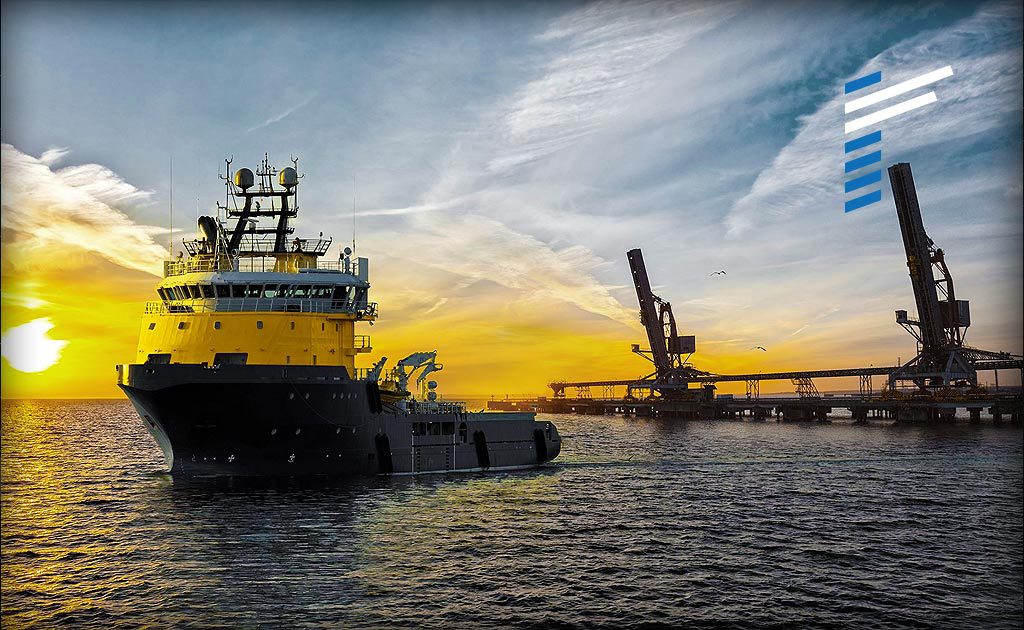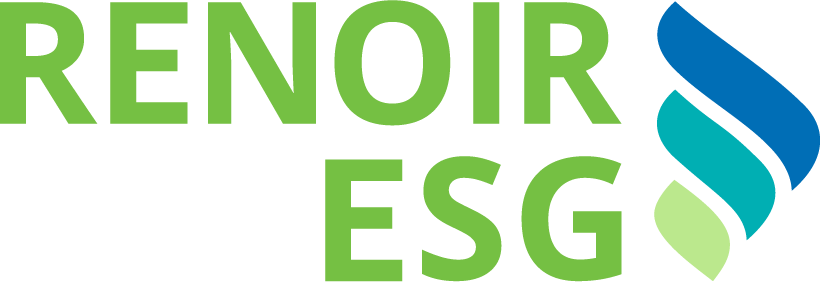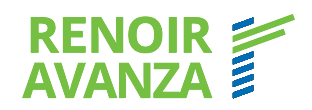BACKGROUND
Oil and gas supply vessels are ships that are specially designed to supply offshore oil and gas platforms. The primary function for most of these vessels is logistic support and transportation of goods, tools, equipment, and personnel to and from offshore oil platforms and other offshore structures.
Our client is one of the world’s largest integrated oil and gas companies, having operations at all stages of the hydrocarbon value chain. Its marine division deploys some 2300 vessels in support of its drilling and production operations. The cost in terms of fuel to run these vessels is enormous – approximately US$60 million annually at today’s fuel prices.
We had already worked with the client before this on another project. Given our success in that engagement, we were brought in to analyse the client’s fleet management practices to understand if additional costs could be saved through operational efficiencies.
ANALYSIS
Our analysis identified several areas where vessel utilisation could be improved, and costs optimised. In particular:
- Vessel utilisation was very poor, with significant periods on standby and significant unladen travelling time.
- There was a high percentage of time where tracking systems were switched off, leading to lack of route and performance transparency.
- There was no routine reporting of trips outside of the planned schedule and vessel requests were often made at short notice, leading to unstable vessel scheduling.
- The overall vessel management control system (MCS) was inefficient, with frequent non-adherence to standard processes, lack of data driven KPIs, and poor forward planning that resulted in last-minute changes.
Following the results of our analysis, we were asked to help the client implement improvements to the vessel MCS in order to reduce vessel costs whilst still supporting the transportation needs of the business unit.
PROJECT APPROACH
We aimed to deliver significant measurable benefits within a 22-week period. For the benefits to be sustainable, the approach focused on defining, developing, and implementing changes to the vessel management control system (MCS) while providing training and coaching in key supervisory skills.
A steering committee was set up comprising senior management from the client’s regional operations. Their role was to monitor progress, provide visible support for the programme, and address any barriers to progress. Additionally, a Management Action Team (MAT) was set up consisting of individuals from the logistics department with the authority to implement changes to systems.
The core project team consisted of our consultants and full-time staff from the client’s side. The intent was to transfer skills in change management techniques from our side to their side, ensuring that the client would have the skillsets and capabilities needed to continue the improvement effort once our involvement had concluded.
PROJECT IMPLEMENTATION
Some of the key activities over the 22-week period included:
- Introducing the project team to LEAN principles and providing coaching to help team members identify improvements in a structured manner.
- Developing scheduling options for landing craft transport (LCT) and tugboats.
- Implementing KPIs and visual management techniques. Management and reporting mechanisms were defined such that progress against targeted improvements could be monitored.
- Cross-functional 5-why problem-solving sessions to identify improvement actions and improve cross-functional collaboration.
- Standardised work procedures for monitoring loading, unloading, and vessel movements. Processes for loading, unloading, and back loading were also streamlined to reduce bottlenecks and waste.
- Roles and responsibilities for Logistics & Marine personnel and Vessel Schedulers were redefined.
RESULTS’
28%
Reduction in LCT fuel consumption
9%
Reduction in tug boat fuel consumption
25%
Reduction in LCT trips
37%
Increase in tons per trip
18%
Increase in desk space utilisation
The installation of a more robust vessel MCS had a marked impact in the early stages of the project. This helped improve the buy-in and contributed a great deal towards engaging the stakeholders in defining the KPIs, targets, changes, and working practices needed to achieve the benefits.
Not only were the objectives of optimising vessel costs achieved, but we were also able to help the client implement a foundation of continuous improvement. They now have the capabilities and experience to continue improving and to meet future challenges.











